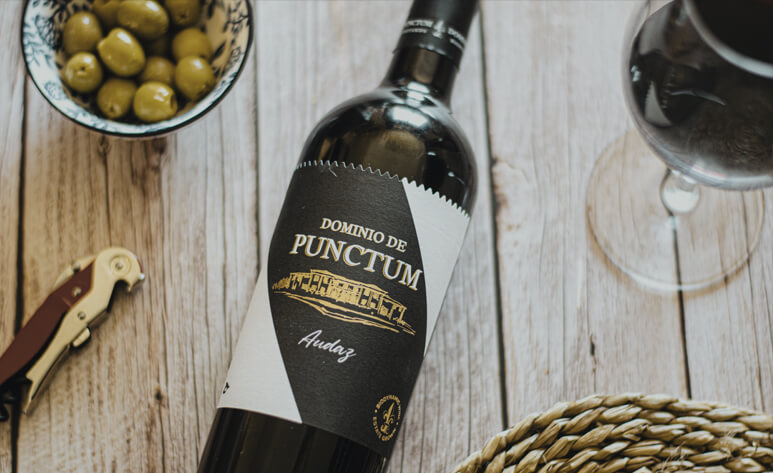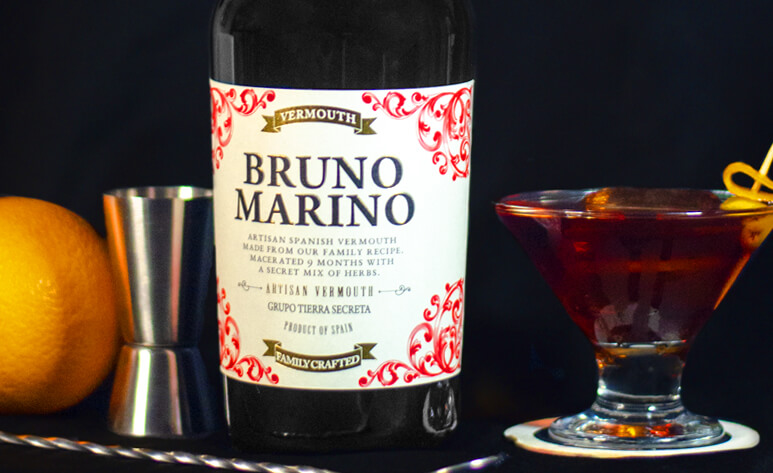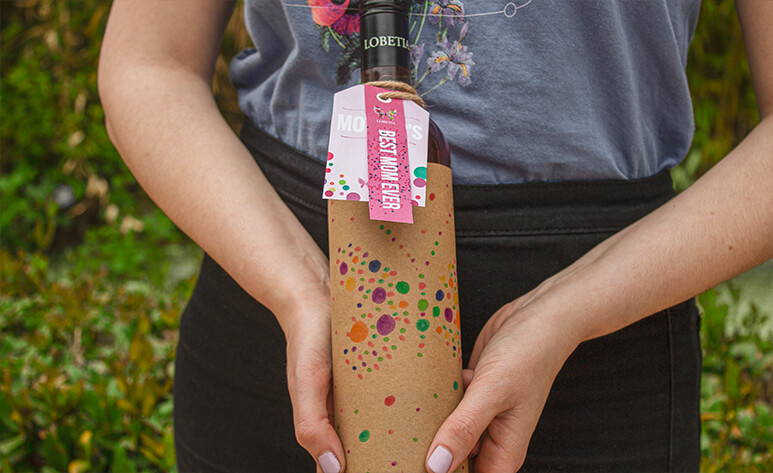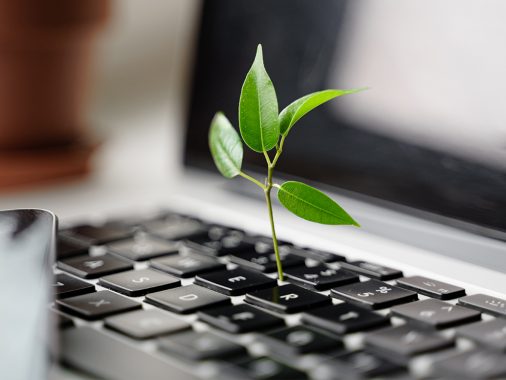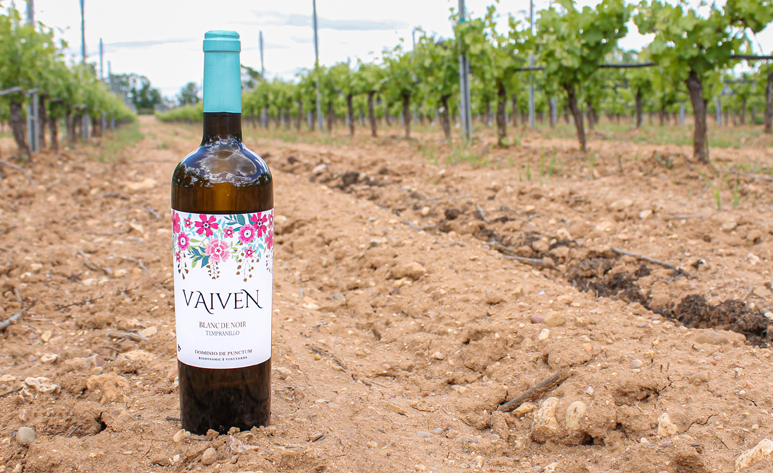If you enjoy ethical, responsibly sourced products, whether it be organic fruit and veg from the nearby Whole Foods Market or second-hand t-shirts from your local thrift shop, biodynamic wine should be next on your list.
While it may be hard to believe that there is wine being farmed in an even more responsible manner than organic, we found biodynamic, which has changed our wine drinking experience for the better.
So: What is Biodynamic Wine and why is it popping up in wine conversations now?
When looking to produce a better, more grape-focused wine, biodynamic winemakers aim to generate their own fertility through composting, cover cropping and crop rotation.
Originally ‘founded’ by the late Austrian philosopher Rudolf Steiner, biodynamic farming is widely recognized for its use of homemade organic fertilizers (such as nettle-tea), top quality results when it comes to large yields and most importantly, healthy plant life. The biodynamic approach towards agriculture is “proactive rather than reactive,” and its farmers are well-attuned to coordinating their work with the lunar calendar.
This is a partial list of the preparations required before growing grapes, or any crop, in a biodynamic manner:
- Cow manure fermented in a cow horn, which then gets buried for the entire winter.
- Flower heads of yarrow fermented in a stag’s bladder.
- Juice from valerian flowers.
- Oak bark fermented in the skull of a domestic animal.
Alice Feiring, author of Natural Wine for the People, seems to agree with biodynamic agriculture:
“In biodynamic farming, you pace your practices to nature’s rhythms…The object is to heal, not to harm.”
Over the last decade the biodynamic wine industry has seen a lot of good press, partially for its close connection to natural wine, which is a real hit at the moment, but also because biodynamic wine has proven to be a more honest and purer version of its conventional counterpart.
Here at Sandalo Organic Estates, we are committed biodynamic farmers since day one and would recommend you try biodynamic wine a couple of times before making up your mind.
If searching for a bottle of wine is daunting, we can imagine how it could be looking for your first bottle of biodynamic wine, so here’s a great example of an approachable, simple biodynamic red wine from Spain.
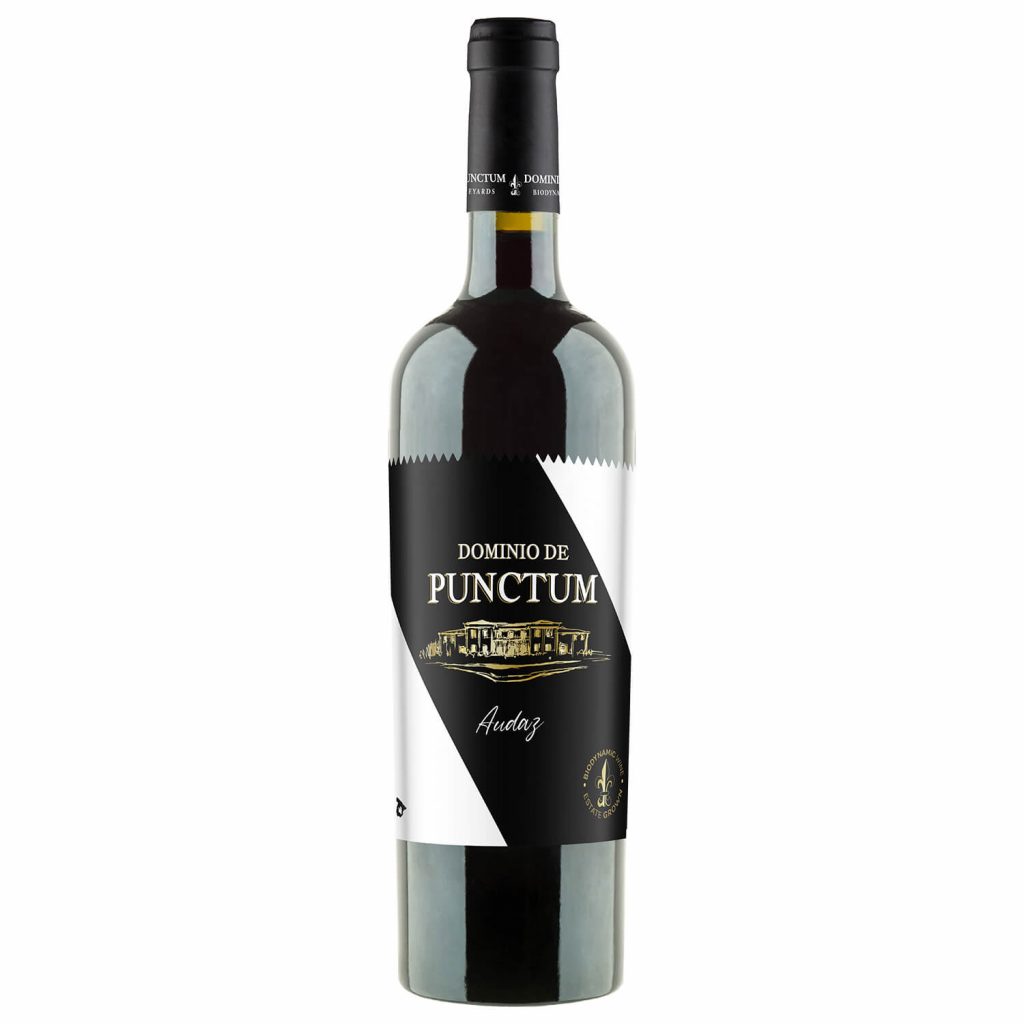
The Audaz here at Punctum, produced by our very own Ruth Fernandez from a blend of red grapes that have been grown in completely unadulterated, biodynamic soil.
Punctum “Audaz” (Audacious) is a low-sulphite wine, made from a proprietary blend of organic red grapes, aged for four months in American oak.
Tasting notes of the Audaz boast a brilliant ruby red color with a violet shade. A robust and powerful wine, with dark fruit aromas and hints of vanilla and spice. It is a very accessible barrel-aged red wine, with all the benefits of organic and biodynamic farming: authentic and beautiful aromas, delicacy on the palate, free of any chemicals, herbicides or animal products.
How Lunar Cycles Affect Biodynamic Winemaking & Agriculture
According to the lunar cycle, there are specific days, weeks and months that are better than others in the life cycle of a plant. There are four types of days: flower day, fruit day, leaf day and root day.
The four types of days are actualizations of our planets’ four different elements – fire, air, water and earth. So, in the vineyard on certain days a winemaker will do certain things in correlation to the type of day it is; for example, a fruit day is best for harvesting their fruits, a root day should probably be for planting some new seedlings for the upcoming cycles. Whichever crop a farmer is growing on their land, each component of that specific crop will favor a particular type of day completely based around the current positioning of the lunar cycle. It’s a complex way of working, but the results are incredibly rewarding and satisfying.
Essentially, working hand-in-hand with the cycle of the moon is the aim of biodynamic agriculture. Although there are no scientific hard facts, the biodynamic community truly believes that working within the lunar cycle provides a far better tasting bottle of wine.
It’s not just about holding back on the chemicals and foreign influences, biodynamic farming is about cohesion amongst everything and anything that lives within the vineyard, it’s about creating a divine space for animals and plants to live and grow in and harmony.
Biodynamic farming is about giving back to mother nature.

